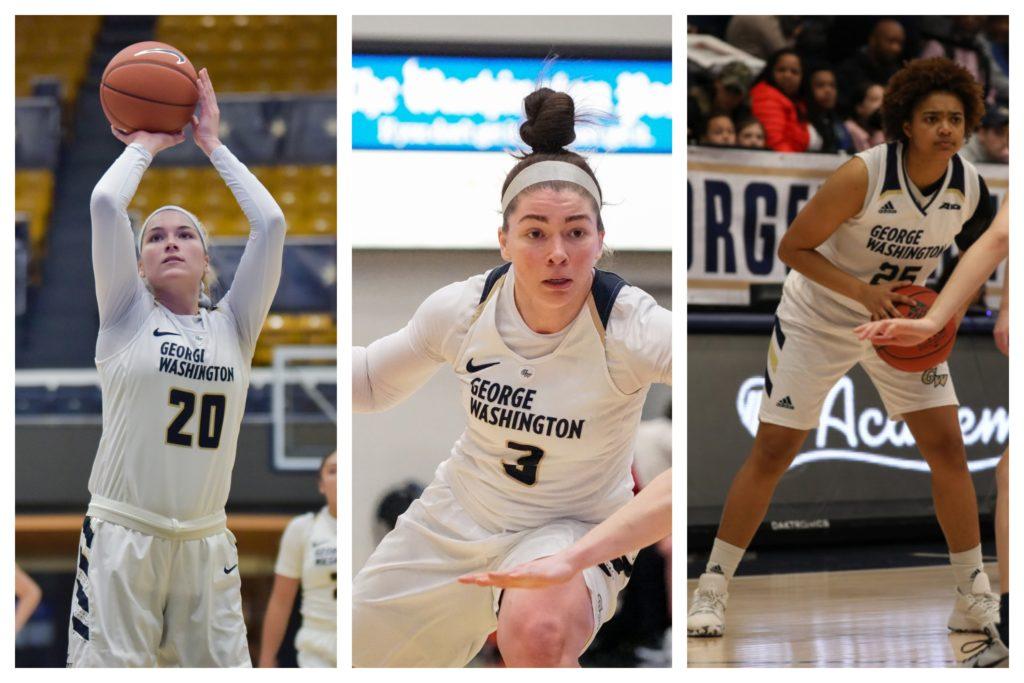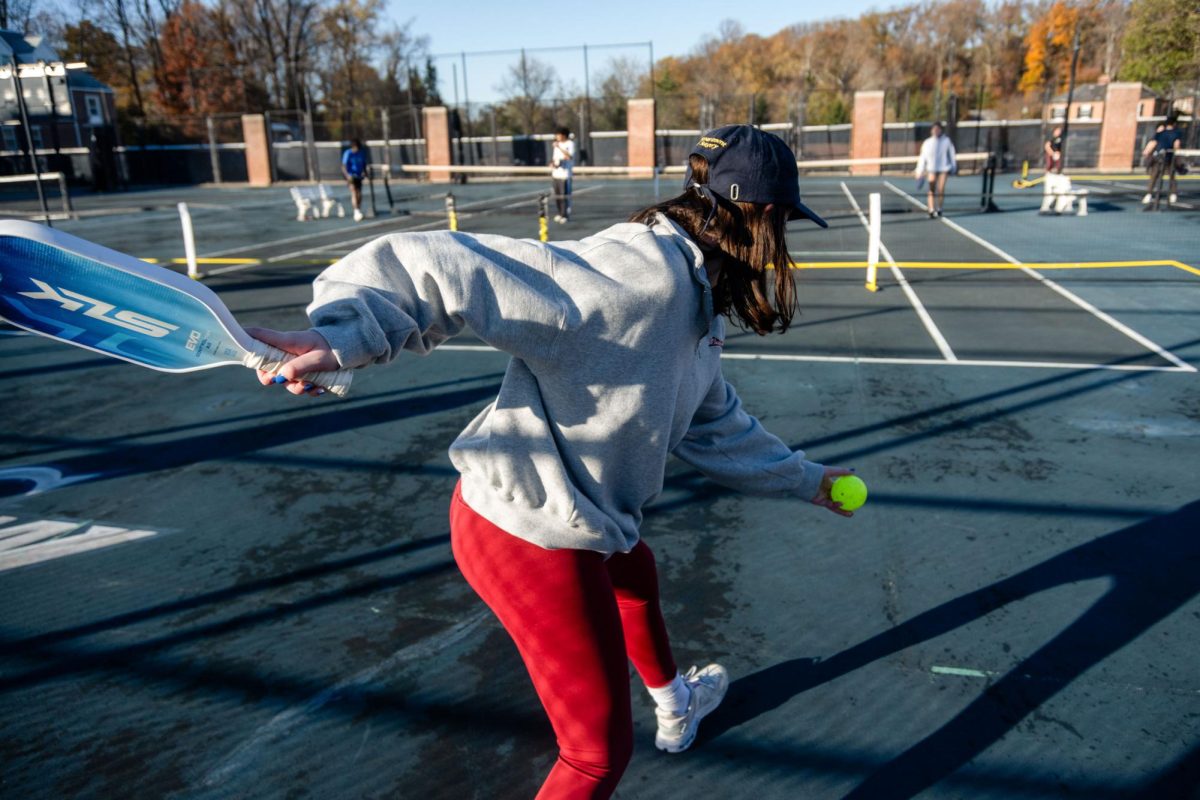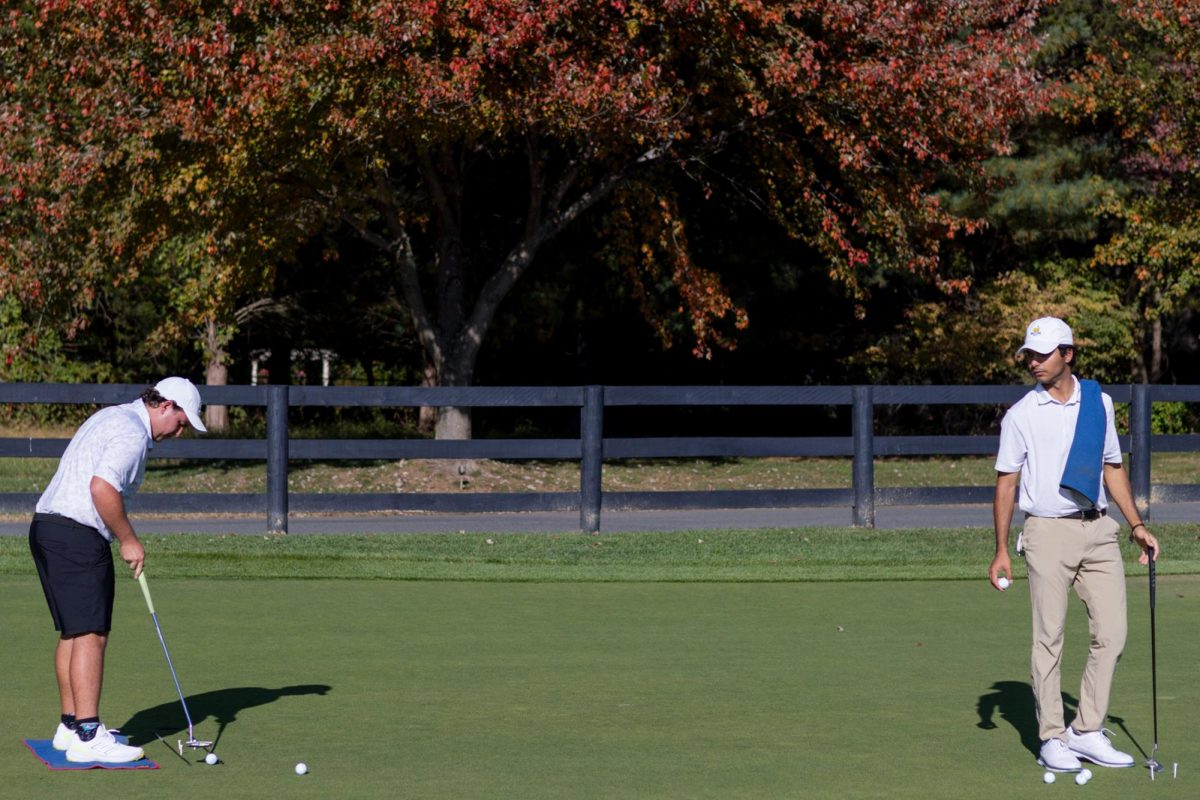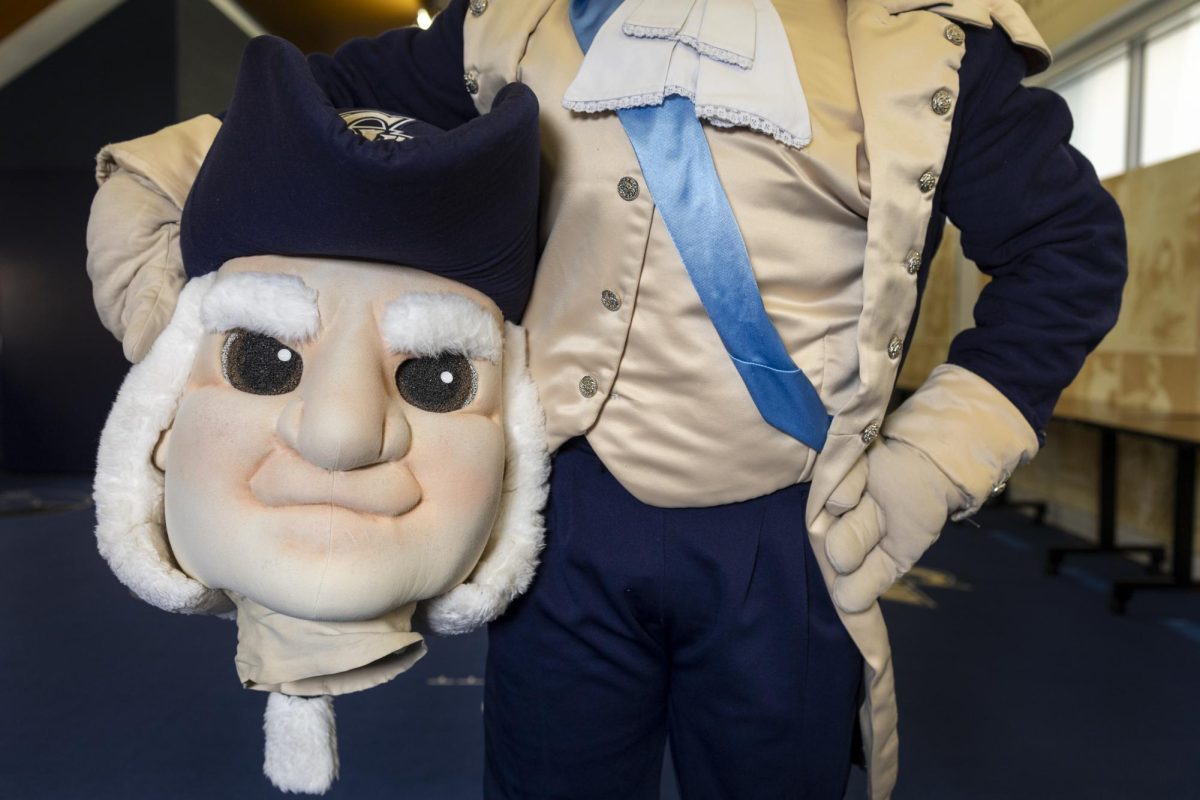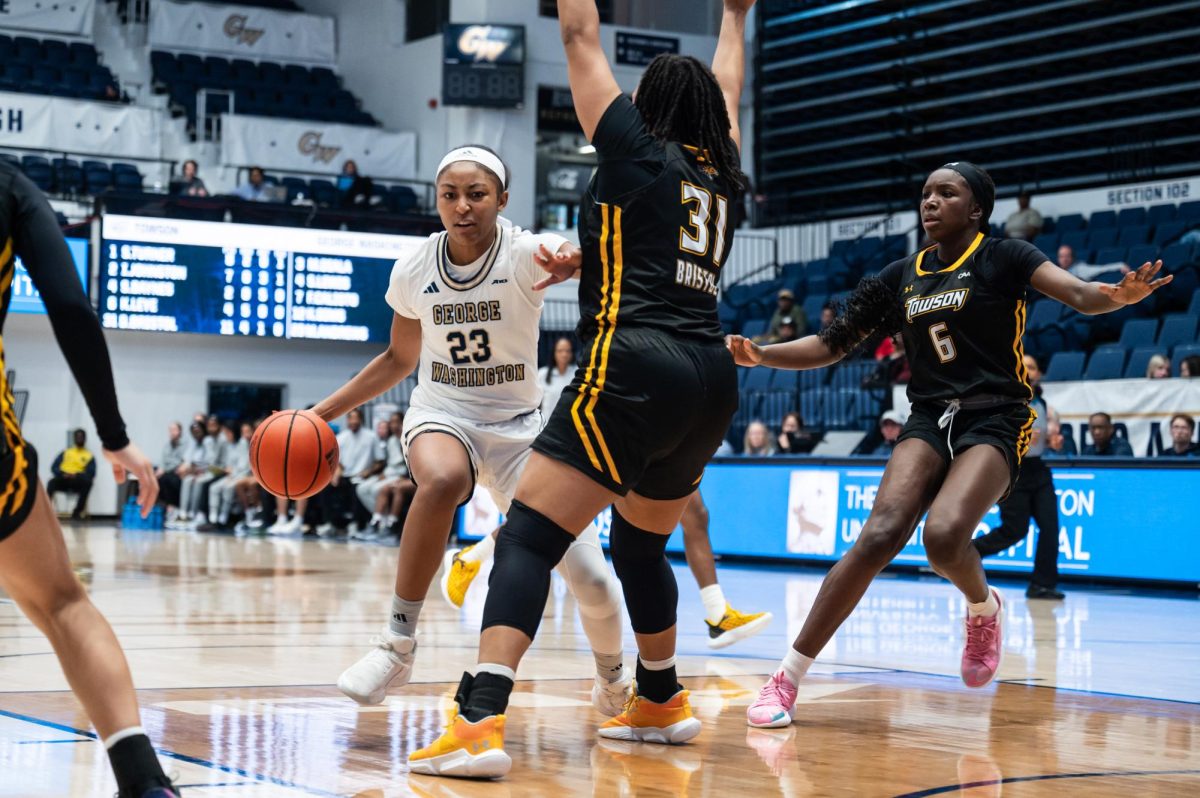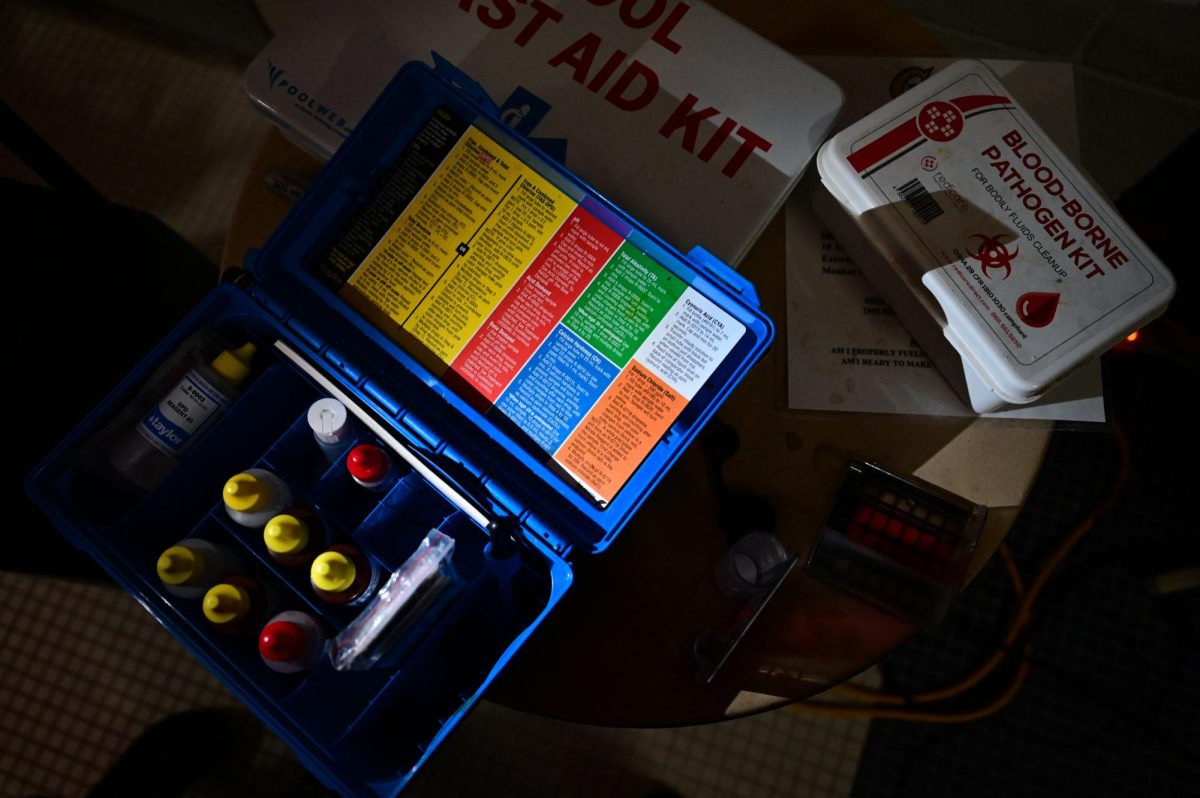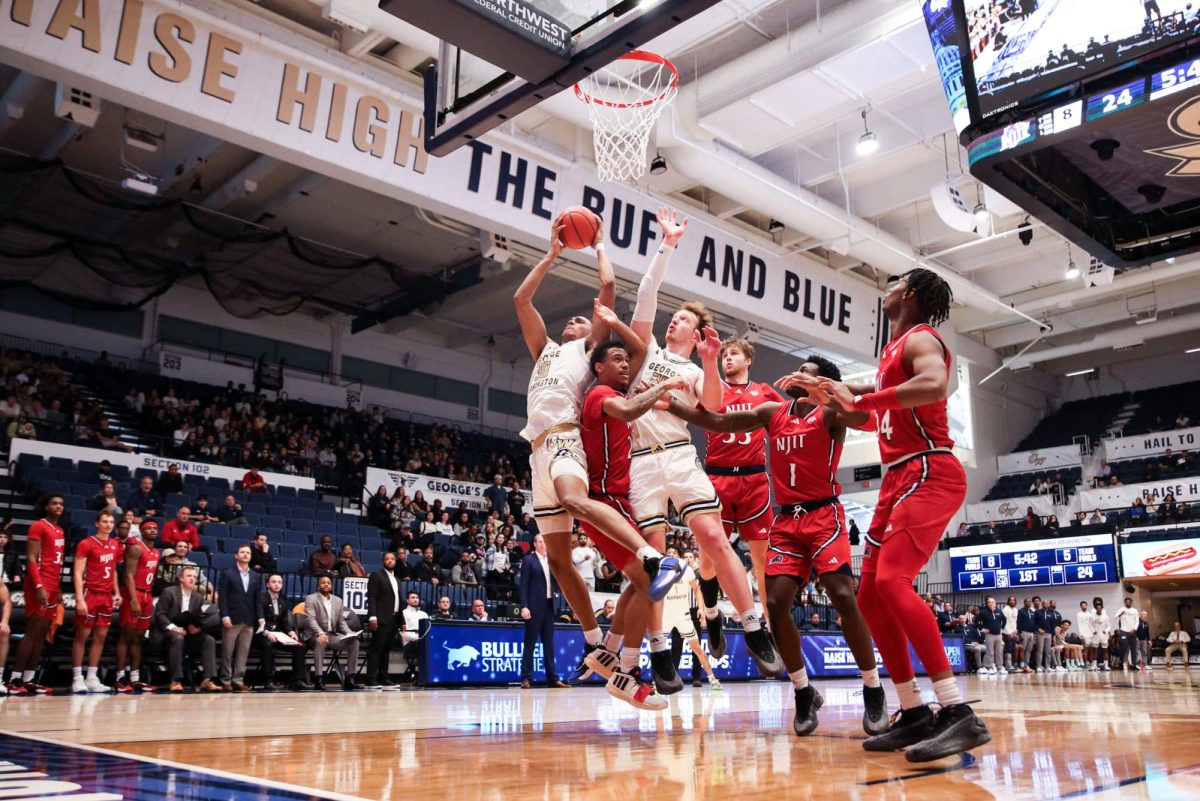The end of some student-athletes’ collegiate careers marked the beginning of a professional experience coaching on the sidelines.
Over the past two years, three women’s basketball players – 2019-graduate guard Anna Savino, 2020-graduate forward Sarah Overcash and former graduate student transfer guard Ariel Stephenson – have chosen to stay with the program as coaching assistants after graduation. Savino joined the staff in 2019, and Overcash and Stephenson were announced as additions earlier this year.
Head coach Jennifer Rizzotti said the coaching additions were mutually beneficial for the program and former athletes. The graduate assistants familiarize themselves with their areas of interest, like coaching, compliance and marketing, and the coaching staff receives additional support, she said.
“Having the three of them does have some flexibility to divvy up responsibility in the areas that they’re most interested in,” Rizzotti said. “So our goal as a staff is to prepare them for what’s next in their life.”
Rizzotti said having the extra pairs of hands is key to keeping an unconventional season running smoothly. The graduate assistants are “all hands on deck,” setting up practices and helping the players with film and training, Rizzotti said.
She added that the team typically has five or six managers working as support staff, but this season the squad only has one manager. The graduate assistants are able to set up practice, direct athletes to equipment and jump in during a scrimmage if necessary, Rizzotti said.
“To have guys that played for the program, that are invested in our success in that role, has been really beneficial,” Rizzotti said.
For the former players, the switch to the other side of the bench offers valuable experience for their later careers, Rizzotti said. She said Savino and Overcash are preparing for front office careers in areas like sports development, marketing and administration, while Stephenson hopes to break into the coaching scene. All three former players are pursuing degrees in sports management from GW in the meantime.
“They have this opportunity to step away as a player and gain some experience on the other side,” Rizzotti said. “I also like to think that they enjoyed their experience, and they’re excited to have an opportunity to work with our staff.”
Savino has served in multiple capacities throughout her tenure with the program, beginning as a manager her freshman year before walking on to the team as a senior. During her one year on the court, she was a regular fixture in the starting five, starting 27 contests and recording 25.3 minutes per game. She will continue her responsibilities from last year in setting up practice, assisting with recruitment, alumni relations, development and marketing.
Overcash’s responsibilities include assisting general operations, marketing and development according to her roster bio.
Navigating the transition from player to coach has been manageable, Stephenson and Savino said. Some of the players these graduate assistants are currently coaching were teammates within the last two years, which they said made the transition easier.
“We still joke around with them all the time and have that personal relationship, but they also know when it’s more of a coach and player relationship,” Savino said. “I have to give a lot of credit to them as well.”
Savino added that the biggest challenge has been taking initiative and being proactive in their new roles. Coaching basketball is as fast-paced and dynamic as the sport itself, and tasks like recording statistics and taking practice notes have to be done on the spot, Savino said.
“Some of the coaches will ask, ‘Did you stat that, or were you taking the notes down for that?’ and I’m just like, ‘Oh, I didn’t do it because I was expecting you to tell me to do it,’” she said.
Stephenson said the coaching staff has allowed them to pick areas that fit their passions. The former guard is primarily interested in coaching, so her responsibilities include overseeing film, recording statistics and monitoring workouts.
Last season, Stephenson faced injuries and was sidelined for a significant part of the year, but she said she still contributed to the team by offering advice from the bench. Stephenson added that her position this season is similar, but now she can take a more active role in coaching.
“It’s not so much different with me being actually on the sideline this year,” Stephenson said. “It’s actually kind of fun being a practice player too, being able to play against them and show them different things on the court, as opposed to just being on the sidelines not being able to do anything.”


